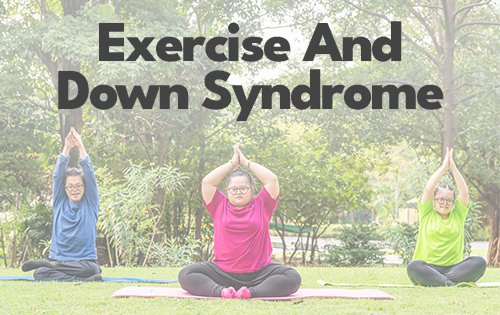Engaging in light and regular exercise has been identified as a potential means of enhancing cognitive function in adults with Down syndrome, according to a recent study. Down syndrome, a genetic disorder resulting from the presence of an extra copy of chromosome 21, is characterized by developmental delays, mild to moderate intellectual disability, and distinctive physical features, affecting approximately one in a thousand children.
Published in the International Journal of Environmental Research and Public Health, this study is the first of its kind to explore the impact of both physical and cognitive exercises on individuals with Down syndrome. The findings revealed that brief sessions of walking could lead to notable improvements in information processing and attention after just eight weeks.
The significance of exercise in fostering cognitive development represents a groundbreaking shift in understanding how to support adults with Down syndrome. The research also highlighted that individuals with Down syndrome often fail to meet recommended daily physical activity levels.
Dr. Dan Gordon, Associate Professor in Cardiorespiratory Exercise Physiology at Anglia Ruskin University in the UK, emphasized the potency of walking as a tool for enhancing cognitive and executive function in the Down syndrome community. He explained that while walking might not be a natural activity for many in this community, it activates locomotive pathways, thereby driving cognitive development and improving information processing, vigilance, and attention.
The study involved 83 adult participants from 10 different countries, with a near-even split between males and females, aged between 18 and 48. These participants were divided into four groups for an eight-week period: an exercise-only group, a cognitive exercise group, a combined group engaging in both physical and cognitive exercises, and a control group doing neither.











